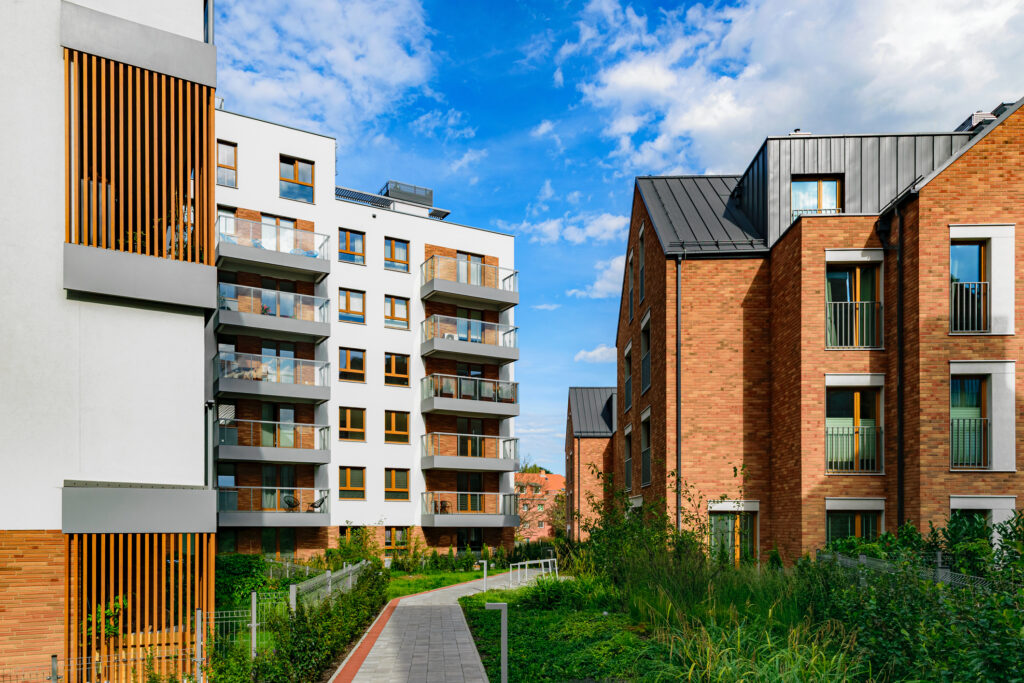
What is commonhold?
Commonhold is another type of property ownership, much like leasehold and freehold. However commonhold allows you to own not only the flat, but also the land it sits on, along with the other owners of the flats within the building.
How are flats dealt with currently?
Currently, when buying a flat in the UK, you will obtain a lease granted to you for a part of the building for a set number of years. The lease will be granted by the freeholder who will own the building. This usually then means that the landlord has control over the building and associated costs for maintaining it. Though the recent change in legislation with the Leasehold Reform (Ground Rent) Act 2022 has abolished landlords/ freeholders from charging any more than a peppercorn or charging an administration fee for collecting the minimal ground rent (for new leases), it does mean that the landlord still has control over the building and the maintenance. Therefore, the landlord/freeholder has the final say about what you will pay out if you own a flat in that building.
Why is commonhold different?
With commonhold, flat owners will own their flats without restrictions of a lease term and will, along with the other flat owners, make decisions for the building as a whole. This means there will be much more transparency for the flat owners, knowing where the service charge is going and allowing them to have more freedom and flexibility on the things that are specific to their building.
The Commonhold White Paper
The Commonhold White Paper was released on the 3rd March 2025 which proposes the model for the reform on commonhold to allow for an alternative solution to flats as opposed to the current leasehold set up.
The Commonhold White Paper addresses some of the concerns over how this would look in practice, such as ensuring that commonhold can work for all developments, for example where there are residential units above a shop. The new model for commonhold addresses this to allow for more effective management, to ensure service charge is not being paid for services that will benefit only the residential units or vice versa.
The Commonhold White Paper also puts provisions in place for how major works will be dealt with and how reserve funds can be held to avoid the mismanagement of funds from Directors.
What’s the next stage?
There are still a lot of questions surrounding the proposed changes and we expect the Leasehold and Commonhold Reform Bill which is due to come later this year to provide further clarity on how this change will look like in practice.
Next steps…
For any conveyancing matters, please feel free to contact me on 01530 564498 or email l.bourne@timms-law.com
For more information about Conveyancing, visit our webpage here.




